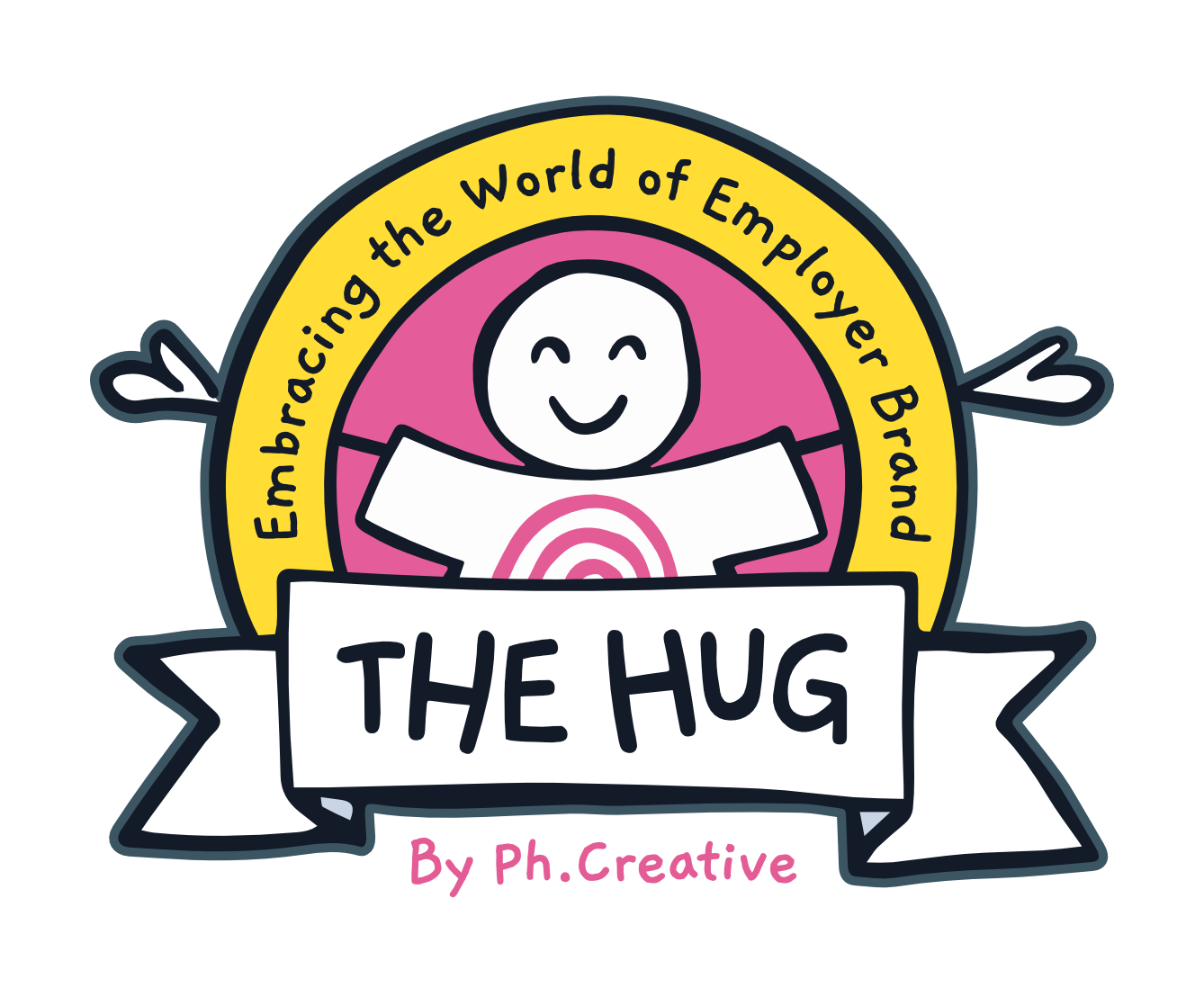What are Some Best Practices for Managing Employer Branding?
So you've developed your employer brand. Now what? From understanding your current employees to outlining future initiatives, you'll need to cover many different areas. You've come to the right place! To help you maintain and improve your long-term strategy, we've put together a list of employer branding best practices. With these techniques, you can keep your momentum going and ensure a memorable, effective employer brand.
1. Address Every Stage of the Employee Life Cycle
It's easy to see your employer brand as a way to attract new employees. While prospects are a major part of your brand, you'll need to consider your employees at every stage of the process. Assess the employee experience from the moment they learn about your company to the day they retire. Creating a strong positive employee experience from start to finish can help you attract and retain the best talent and cultivate your company's image.
Some areas to consider include:
- The hiring process: Look at your job listings, recruiter interactions, communications and other elements of how potential applicants will perceive the business.
- Onboarding: What does the onboarding process look like? Is it smooth and welcoming, or are employees left wondering how they fit into the company? Infuse onboarding with all of the information you want to share to set them up for success.
- Employment: Once they're in for the long haul, how does your long-term employer branding support employee satisfaction, performance and retention? Make sure you're living up to your brand and offering an experience that makes them proud to work for you.
- Exits: When employees leave, pay attention to their reasonings. You might learn about areas for improvement and make sure they leave with no hard feelings. For desirable employees, an exit interview and a smooth process can leave the door open if they ever want to come back. They may send quality referrals your way if they still see your company as a good choice. You can even learn from retiring employees. If they've stuck with you for decades, find out what you did right and keep at it.
2. Use Various Digital Channels
Just as your customer-facing brand requires omnichannel strategies, your employer brand can do the same. Take a look at different channels and maintain consistency across them:
- Social media: Social media has nearly unlimited potential. Head to sites like LinkedIn, Twitter and Facebook to hone the candidate experience and show them you're paying attention. Use these sites to share your content and engage with employees, prospects and other businesses. Social media is a great way to jump in on trending conversations and use employee-generated content. For example, if some of your employees attend a conference, you can ask them to make a post about it to show off your commitment to ongoing education.
- Site content: Use your site's career page for more than just job listings. Share what it's like to work with you and what drives your employees. While this information can help you attract more prospects, it can also help you weed out candidates that wouldn't be a good fit. Some companies even use their site copy to promote the industry in general. Industries like health care and trades might create content to share the benefits of a job in the field with high schoolers or college students, ideally bringing them back later.
- Blogs: You can also develop your site copy through blog posts. You might highlight outstanding employees or take people through a day in the life. These pieces are good for diving further into a topic and keeping your employer brand fresh and interesting.
- Social listening: Social listening refers to monitoring social media and other channels for discussions about your brand. You can use a social listening tool to look for opportunities, learn about your reputation and track your progress over time.
Almost every business now must consider its digital presence, and employer branding is a big piece of that. Not sure where to start? Check out our enterprise careers site platform, HappyDance. We'll help you bring your employer brand to life and make it thrive with award-winning creative and features.

3. Define Your Company's Mission, Values and Vision
Before you embark on long-term employer branding strategies, you'll need clear guidance. Spend some time studing your company's mission, values and vision. You probably already have these elements in place, but consider how your employer brand messaging will complement these elements and the the key messaging that you'll share with potential and current employees. Think about their roles in achieving your mission.
Outlining these components can help guide your approach to managing employer branding. They give you an overarching objective and provide points for you to showcase when communicating with your audience.
4. Create Strong DEI Initiatives
Diversity, equity and inclusion (DEI) initiatives are a must-have in today's workplace. These efforts are all about valuing the individuality of each employee in an organisation. While hiring people from diverse backgrounds is an essential part of DEI, inclusive workplaces also have elements like accountable leadership and freedom from bias. Research repeatedly shows that these strategies have excellent results for the business, with benefits like:
- Faster and better problem-solving
- More innovation
- Higher revenue and better financial performance
- A larger talent pool
- Higher employee retention and satisfaction
- Better physical and mental health for employees
Investing in DEI can go a long way, helping you build a stronger workplace culture with loyal, engaged employees, but you'll need to showcase your efforts. By sharing your DEI initiatives, you can better attract and grow your team. We have a host of resources for DEI training and education to help you tackle this topic.
5. Evolve With Your Brand
Managing employer branding isn't a one-and-done task. It's an ongoing, continuous process that evolves over time. As your company grows and changes, you'll need to adapt your employer brand. You'll also need to evaluate its success over time. Establish metrics to track, such as cost per hire, brand awareness and candidate quality. Invest in ongoing efforts, like education and training. Continue to learn and refine your brand strategy as you grow.
Kick off Employer Brand Management With Ph.Creative
Long-term employer branding takes some work, but the results are well worth it. At Ph.Creative, we can teach you everything you need to know in just three weeks. We pack over 18 years of expertise into our Employer Brand Strategy Sprint, where you'll learn more about each step of the process. Want to focus on one or two areas? We have a wide range of courses and resources to help you master these best practices for managing employer brands.
Sign up for our Strategy Sprint series today, or reach out to us for more information about working with our award-winning team!
Sign up to our blog

Every other Thursday we share:
✔ One feature full of our freshest insights
✔ An expert hack you'll love to use
✔ The links you need now
+ other helpful bits for thousands of EB and TA pros just like you



